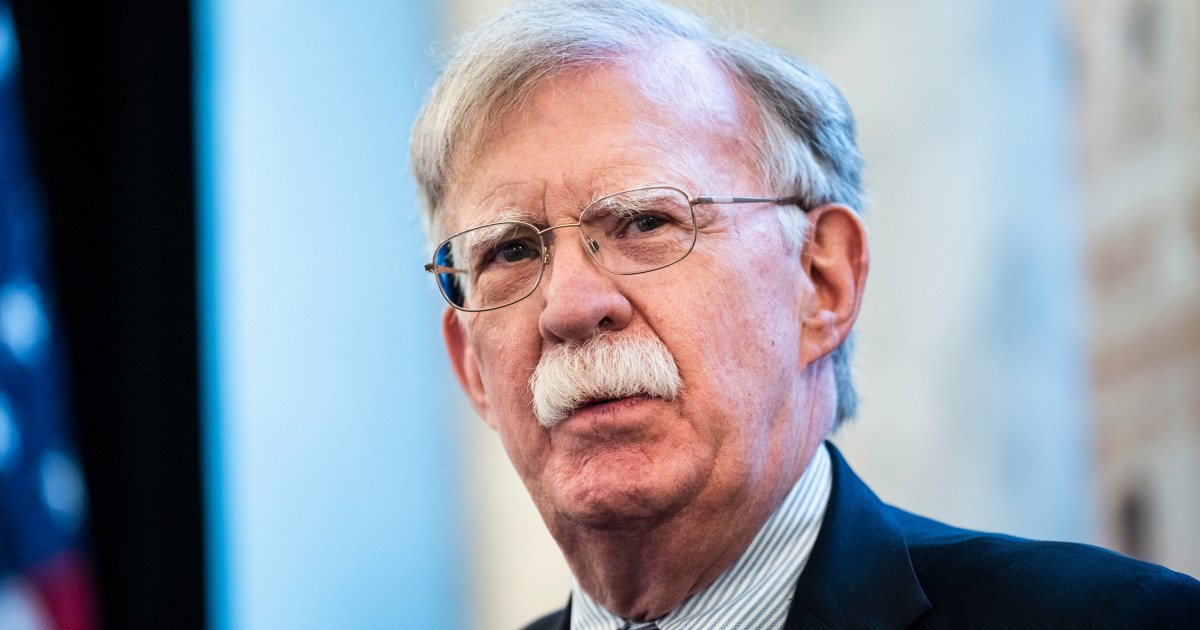Prior to publication, the Trump-era Justice Department sued Bolton, arguing that he had violated prepublication review requirements by moving ahead without final written clearance — a process meant to ensure that no classified information was disclosed. Initially, the department sought to block the book’s release entirely. When that failed, the administration continued its legal campaign, attempting to recover all profits Bolton earned from the book and claiming he had breached contractual obligations related to his security clearance. That effort also failed in court.
Bolton maintained that he had fulfilled his legal obligations by obtaining confirmation from a National Security Council official in April 2020 that the book contained no classified material. However, the White House later initiated a second review, led by a more senior official, which delayed publication. Bolton’s legal team argued that this additional review was politically motivated — a “transparent effort,” they claimed, to suppress politically damaging revelations about Trump’s conduct while in office.
Ultimately, the Biden administration chose not to continue the legal battle and dropped the case.
Earlier this year, just several days into the second Trump administration, the president canceled Bolton’s Secret Service detail, despite the fact that Bolton was the target of an alleged murder-for-hire scheme by a member of Iran’s Islamic Revolutionary Guard Corps.
More recently, Bolton has been critical of Trump’s foreign policy, questioning his decision to meet with Russian President Vladimir Putin last week and blasting members of the Trump administration this year for using a Signal group chat rather than secure government channels to discuss upcoming military strikes.
In 2022, Bolton even said he was “seriously considering” running for president in the Republican primary to prevent Trump from winning another term.
